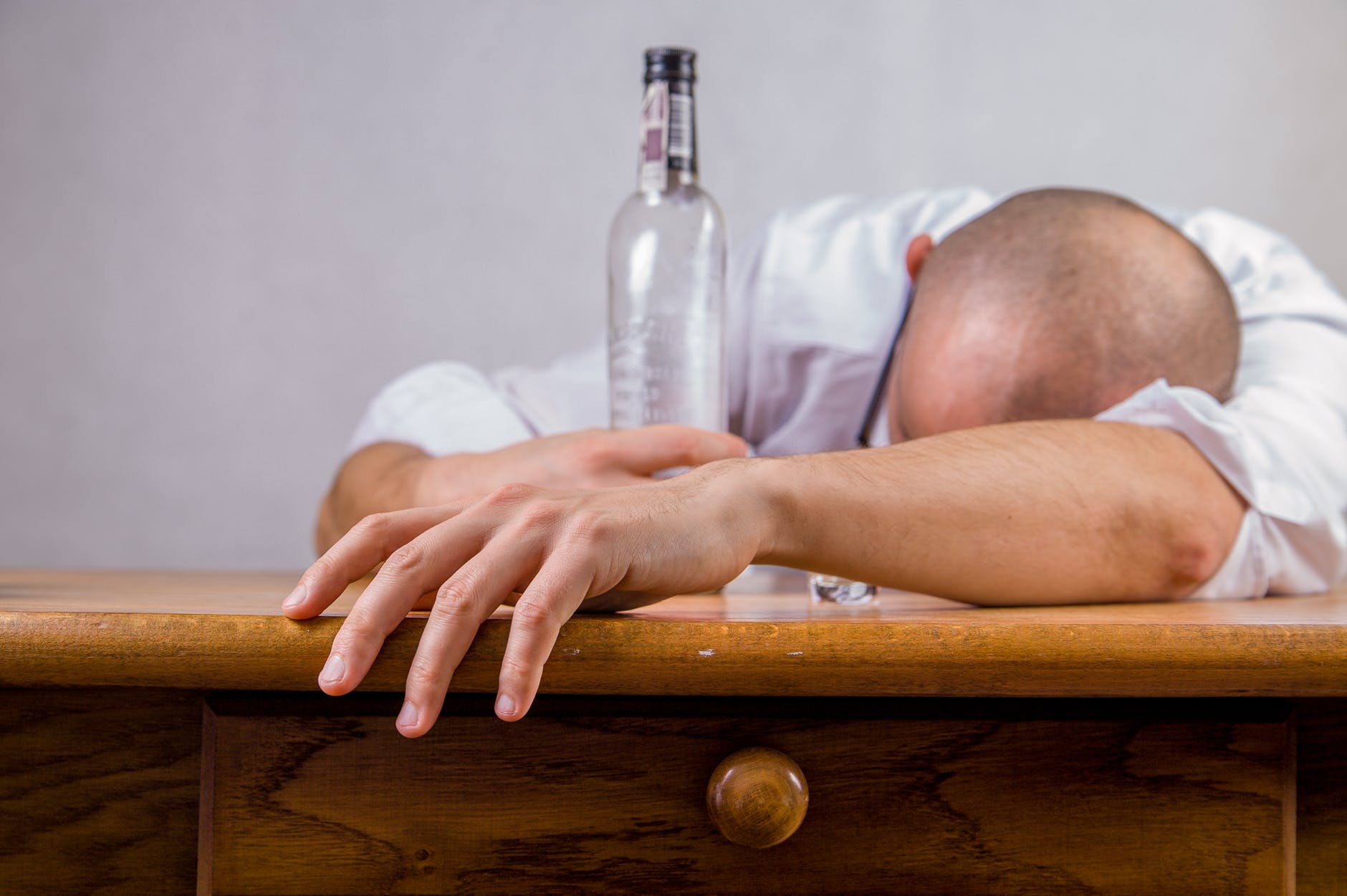Many regular drinkers will spend a total of two years of their life hungover, according to estimations from a drinking survey reported in Elite Daily. There are few things more uncomfortable than the aftermath of alcohol consumption. Every person who has suffered from the headaches, nausea, fatigue, dehydration, intestinal discomfort, dry mouth and other symptoms that accompany the morning after has tried a few of the many suggested remedies. Some work and some don’t. Real “cures” are even less prevalent, but there are substances in existence that can ease the worst hangovers.
Tomato Juice, Kudzu Root And Other Folk Remedies
Folk remedies for hangovers have been recorded since Ancient Rome. Back then, raw owl’s egg and fried canary were the popular choices, although there’s no evidence to suggest that they worked. We may live in a more enlightened time, but that doesn’t mean that there aren’t equally strange and popular remedies on the market. For example, Kudzu root is the main ingredient in many hangover tinctures. Tripe soup is common in Romania, Mexico and Turkey. Tomato juice was a popular cure in mid-20th century America. The “hair of the dog” method – drinking more alcohol to counteract previously consumed alcohol – is popular everywhere. Unsurprisingly, while millions of people swear by these remedies, few have any scientific backing.
Scientifically-Supported Cures
Some substances have been tested in controlled studies and found to have positive effects on hangovers. Pyritinol is one drug that reduced the number of hangover symptoms by 50 percent in one study. However, it has also been linked to hepatitis. Dihydromyricetin is a herbal compound present in many quick-relief anti-hangover supplements. A 2012 experiment conducted on rats found that their alcohol intoxication and withdrawal symptoms were reduced after ingesting this compound. These findings suggest that using Dihydromyricetin for hangovers may have promising results.
Common Sense Relief
Limiting the amount of alcohol you drink, spacing out your alcoholic beverages so that your body has time to metabolise them, and drinking water alongside the alcohol are all surefire ways to reduce the force of the hangover if not prevent it altogether. If water does not prevent more involved symptoms like nausea and stomachaches, it’ll certainly alleviate thirst and dry mouth. The more water you drink before going to bed after a night of drinking, the better you’ll be.
A number of substances are touted as being “hangover cures.” While some, like Pyritinol and Dihydromyricetin, have substantiated benefits, most don’t do anything at all. Ultimately, the best cure for a hangover is limiting the amount of alcohol consumed and drinking lots of water.




